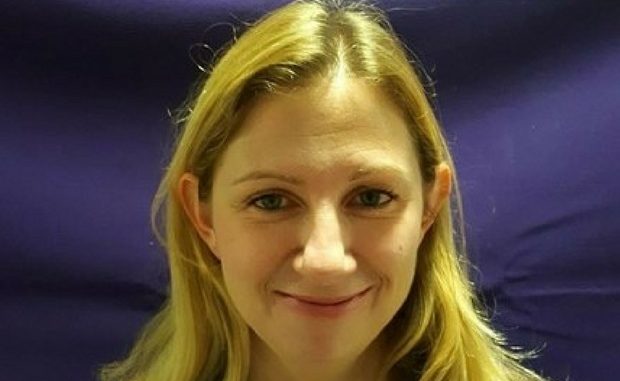
A consultation on changes to stroke services, which could mean the closure of the unit at QEQM Hospital in Margate,closes on April 20.
Health chiefs want to create three hyper acute stroke units for Kent and Medway. A shortlist of options for the specialist units lists only the William Harvey Hospital in Ashford for east Kent.
The NHS says hyper acute stroke units will reduce deaths as each will have a multi-disciplinary team of specialist stroke clinicians, seven days a week caring for patients in the critical first 72 hours.
But Thanet campaigners say isle lives will be at risk because of journey times to Ashford. Members of Save Our NHS in Kent (SONIK) have launched a formal challenge and say they may seek a judicial review over the proposals.
Here Tara Galloway, Head of Stroke Support for the Stroke Association, gives her view on the proposals:
I am I am Head of Stroke Support for the Stroke Association. I see first-hand the devastating impact that stroke can have on people and that is why the Stroke Association supports this reorganisation of acute stroke services. Stroke brings with it massive social and economic cost. It remains the fourth biggest killer in the UK and almost two thirds of stroke survivors leave hospital with a disability.
Reorganising services to a more centralised model, as is proposed in Kent and Medway, has been proven to save lives and improve recoveries because, put simply, it gives patients a better chance of receiving the best quality care. In the places where reorganisation has already taken place, patients spend less time in hospital and are less likely to die as a result of their stroke.
Despite the hard work that stroke team at all the hospitals in Kent and Medway do, too many patients are not getting the world class care they should expect. For example one in three stroke patients are not getting crucial diagnostic brain scans in the recommended time after arriving at hospital, meaning their treatment is being delayed. Access to potentially life-saving clot-busting drugs also varies depending on the hospital you get treated at.
We firmly believe that centralising acute care into three hyperacute stroke units or HASUs will help to address this postcode lottery and ensure more people are able to be treated in a way which improves their likelihood of a good outcome after stroke.
We understand how worrying it is to hear that local stroke units could be closed or repurposed or that patients will have to travel further for treatment. But the evidence is clear that getting people to a HASU, where patients have a better chance of being treated by stroke specialists round the clock, can save lives and reduce the chance of stroke survivors ending up with a serious disability. That’s why we’re working hard across the UK to press for all areas to look at the evidence and take urgent steps to centralise their stroke services.
Stroke service reconfiguration isn’t something that’s been limited to big urban areas. It has been successfully done in areas such as the South West of England and reconfigurations are planned in Northern Ireland and Wales. Travel time to hospital is only one of several factors affecting speed of treatment. Lack of access to fast brain scanning, thrombolysis and access to specialist units can also create unnecessary delays and these delays are less likely in a HASU.
This is an important time for stroke services in Kent and Medway and it’s important that everyone has the chance to make their views known. I’d encourage stroke survivors, families and anyone else interested to respond to the consultation before it closes at midnight on Friday, April 20.
To respond, please visit www.kentandmedway.nhs.uk/stroke
Read here: Save Our NHS in Kent: The proposed closure of QEQM’s stroke unit

